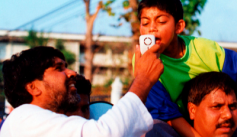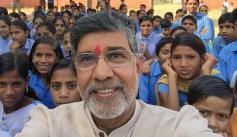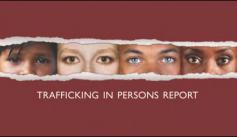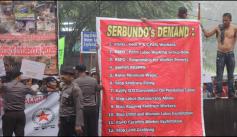Blog: Child Labor
February 14, 2024
Forced Child Labor in Cocoa; Twenty Years of Failure
July 25, 2019
Commit to Ending Child Labor Now!
June 12, 2018
Of Gods and Goblins
October 26, 2017
This Thanksgiving week: act against child slavery in our food system!
November 25, 2014
ILRF Board Member Kailash Satyarthi Wins Nobel Peace Prize
October 10, 2014
Workers Give Message to RSPO: Don’t Certify Abuse!
November 14, 2013
Pages
Browse blog by issue
- Child Labor (223)
- Forced Labor (35)
- Gender-Based Violence and Harassment (102)
- Health & Safety (38)
- Living Wage (18)
- 1 of 2
- next ›
Browse blog by country
- Bangladesh (39)
- Cambodia (3)
- Colombia (2)
- Cote d’Ivoire (7)
- Ghana (5)
- 1 of 4
- next ›
Blog archive
- October 2024 (1)
- August 2024 (1)
- June 2024 (1)
- March 2024 (1)
- February 2024 (1)
- September 2023 (2)
- March 2023 (2)
- February 2023 (1)
- November 2022 (1)
- March 2022 (1)
- 1 of 16
- next ›







